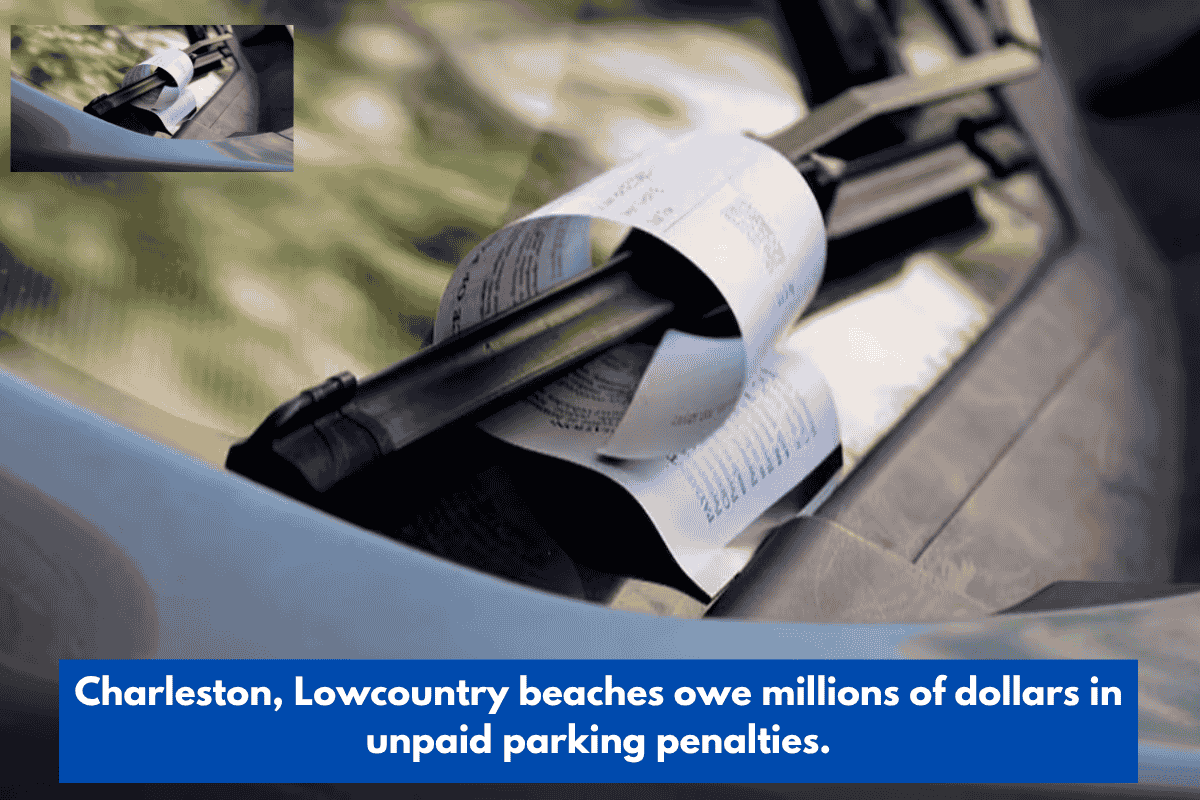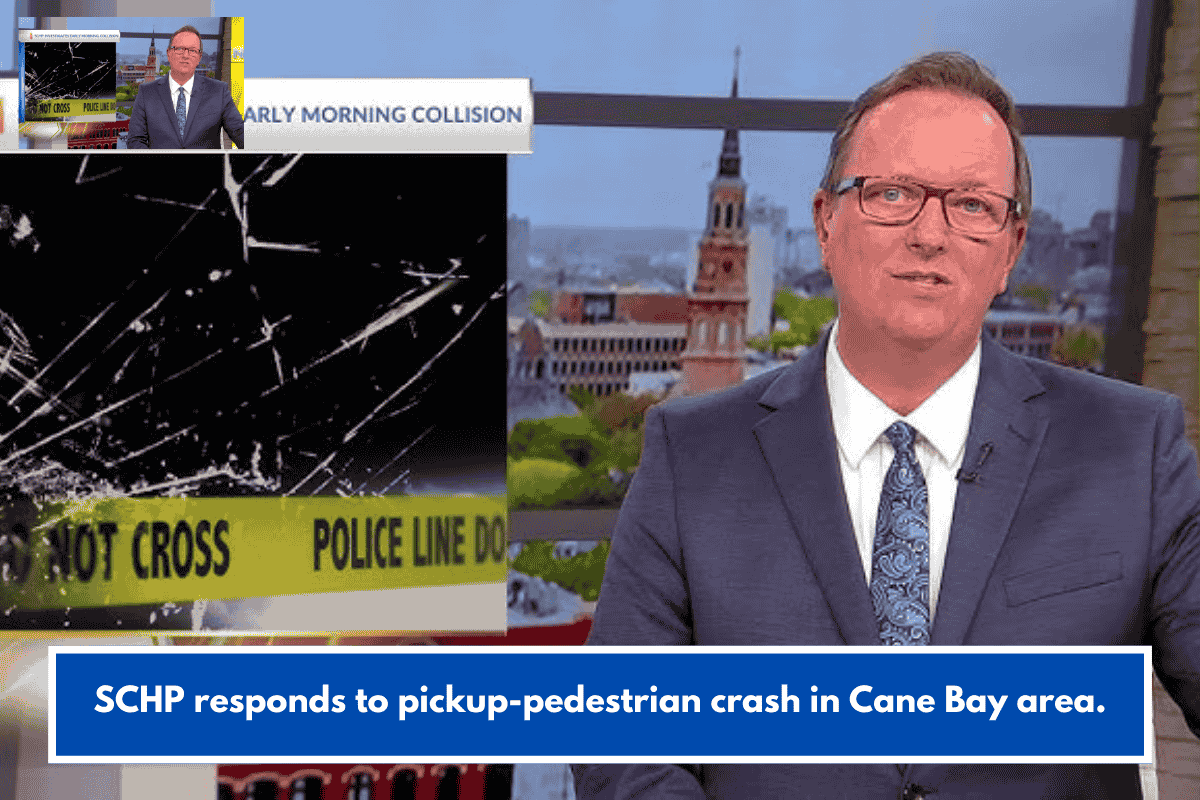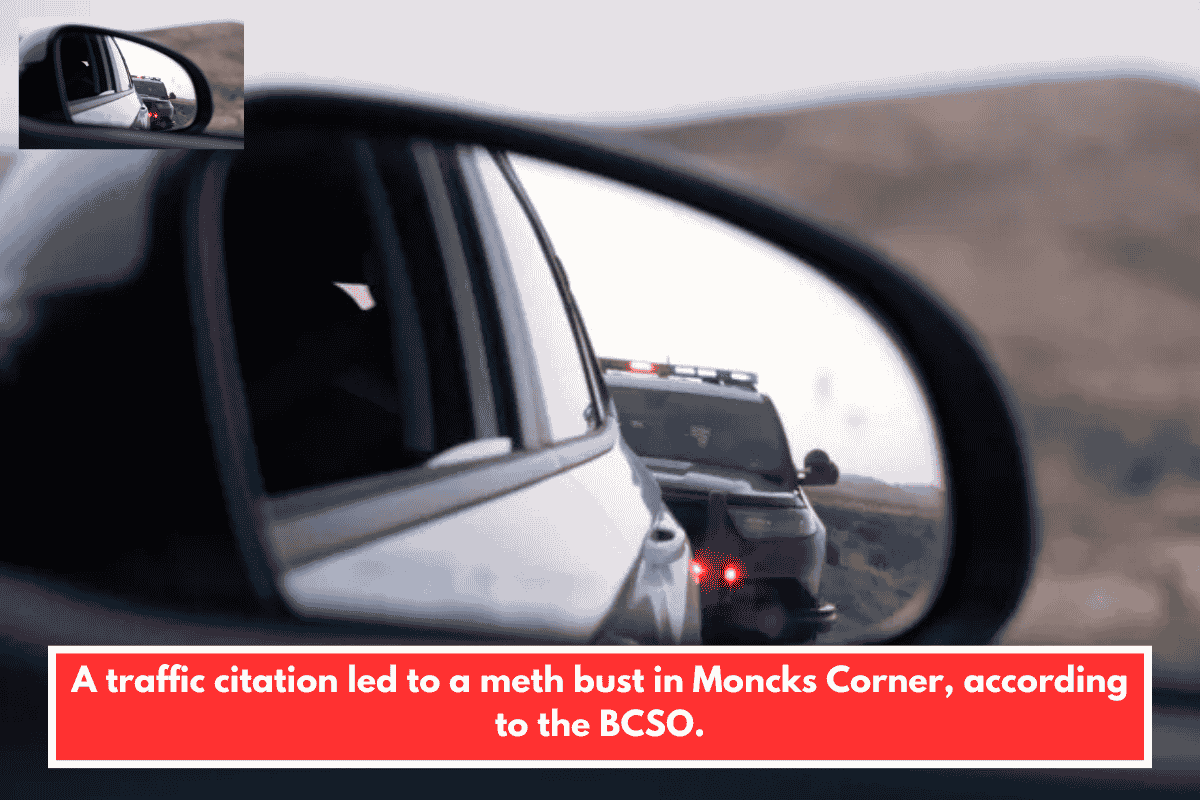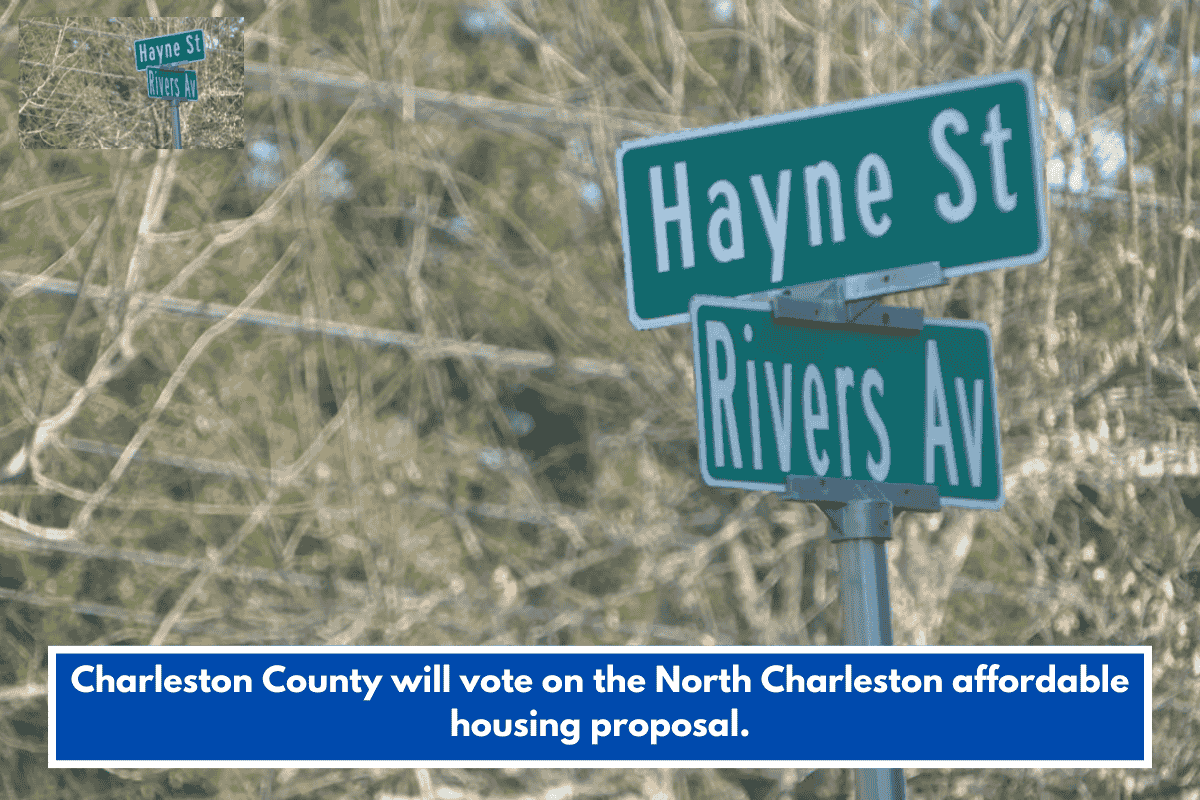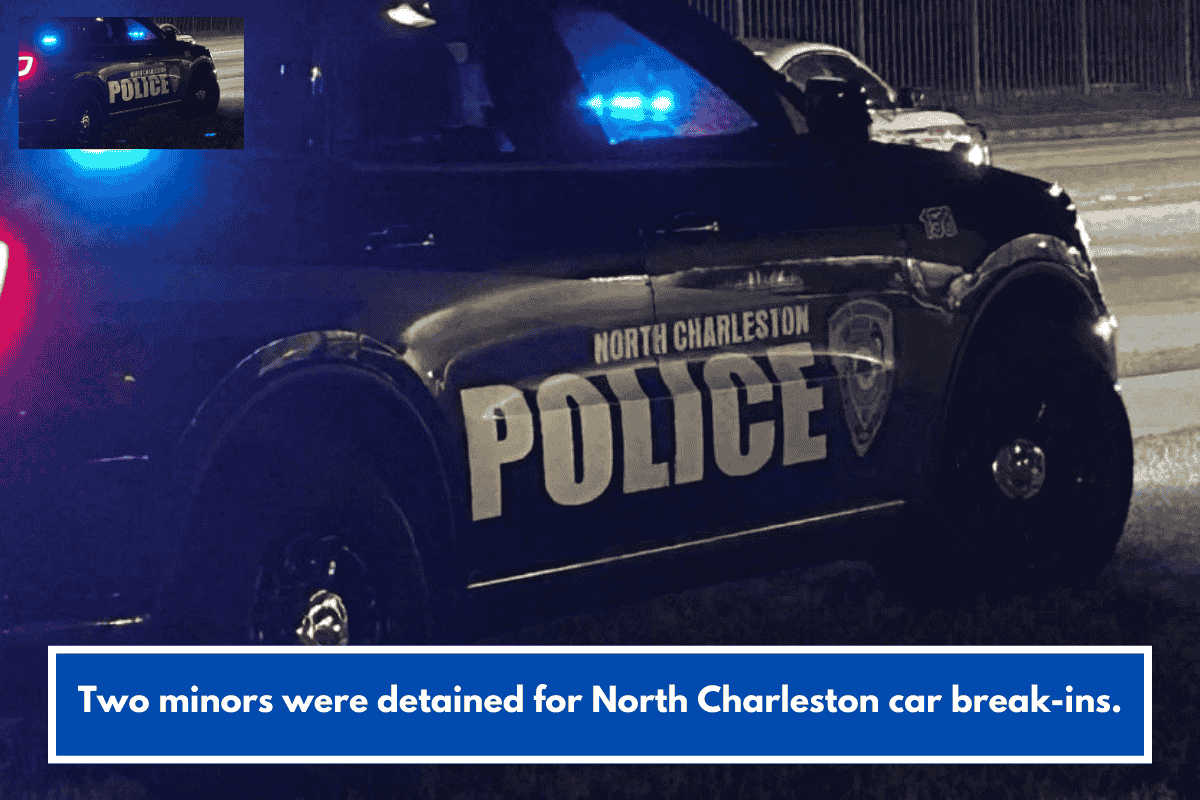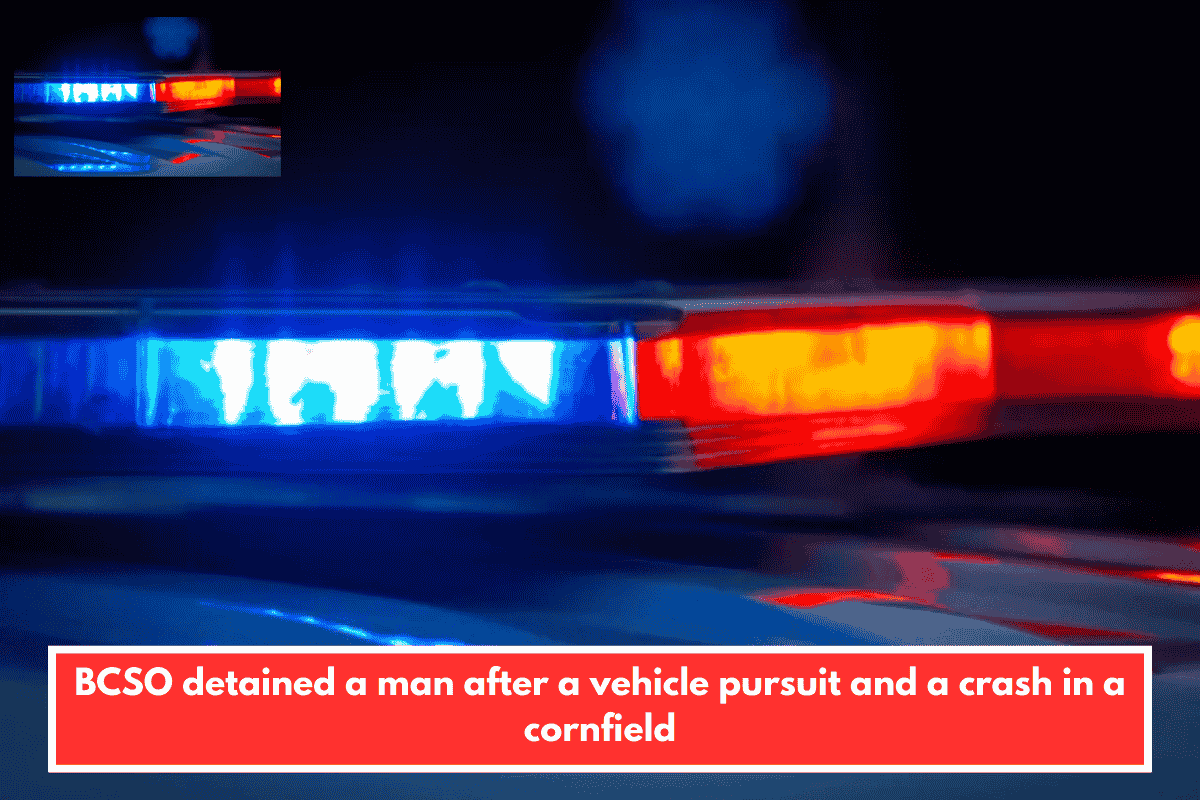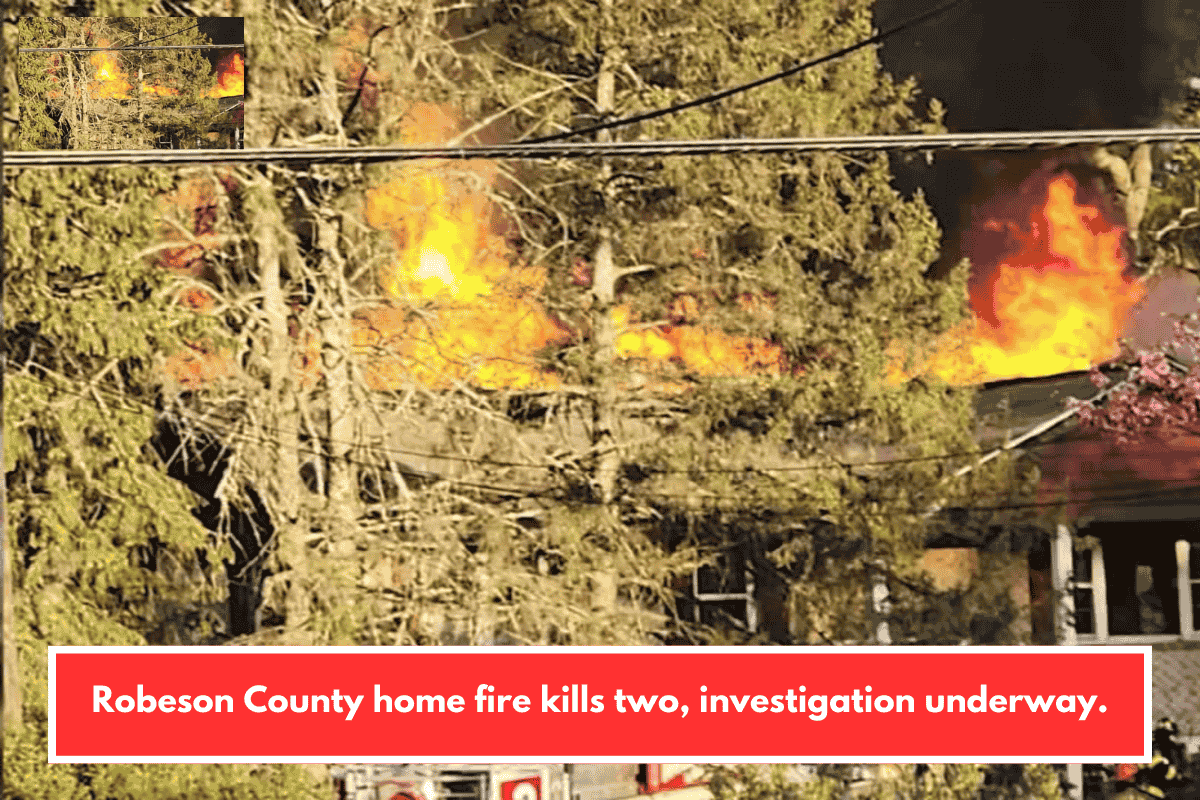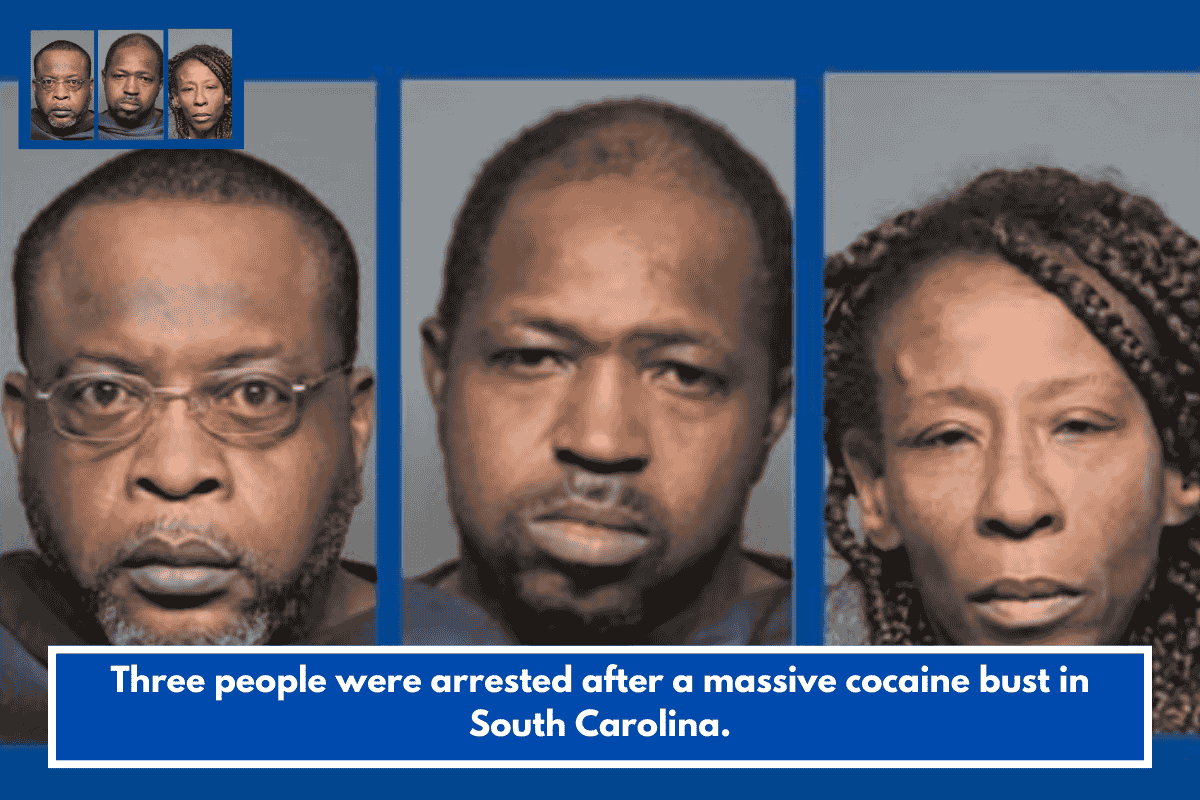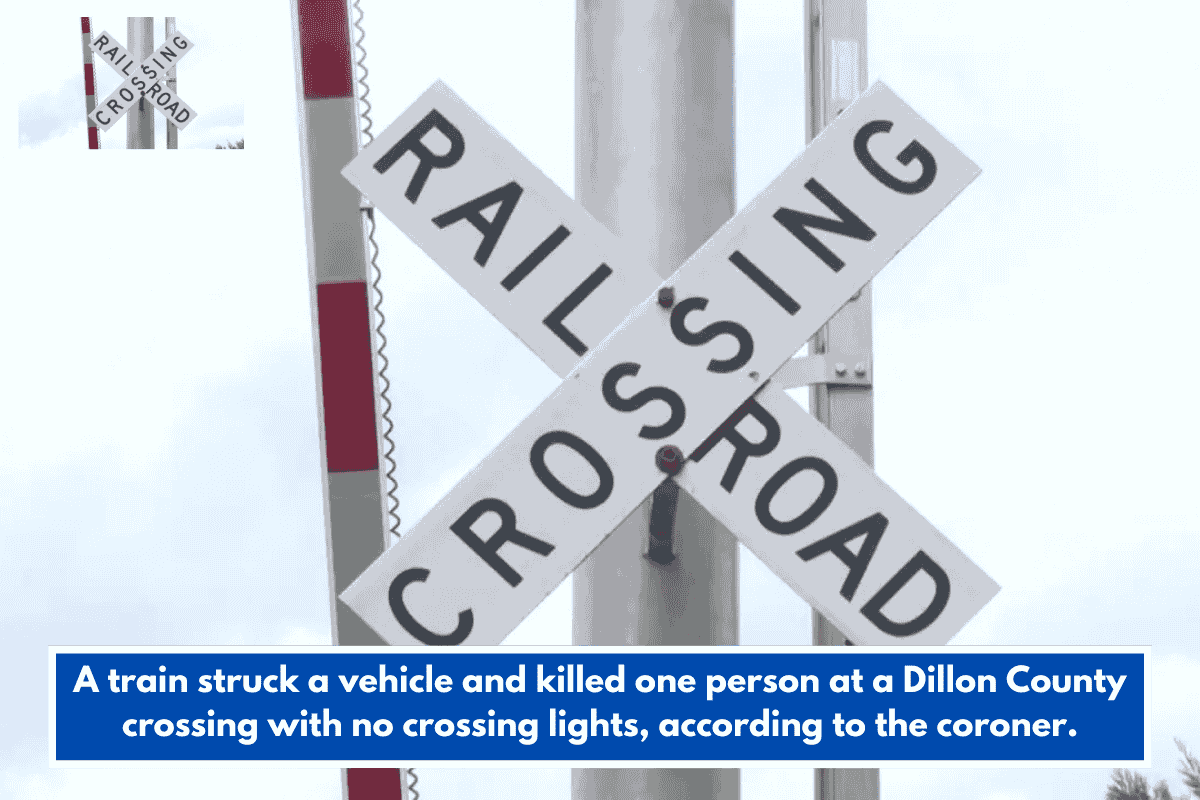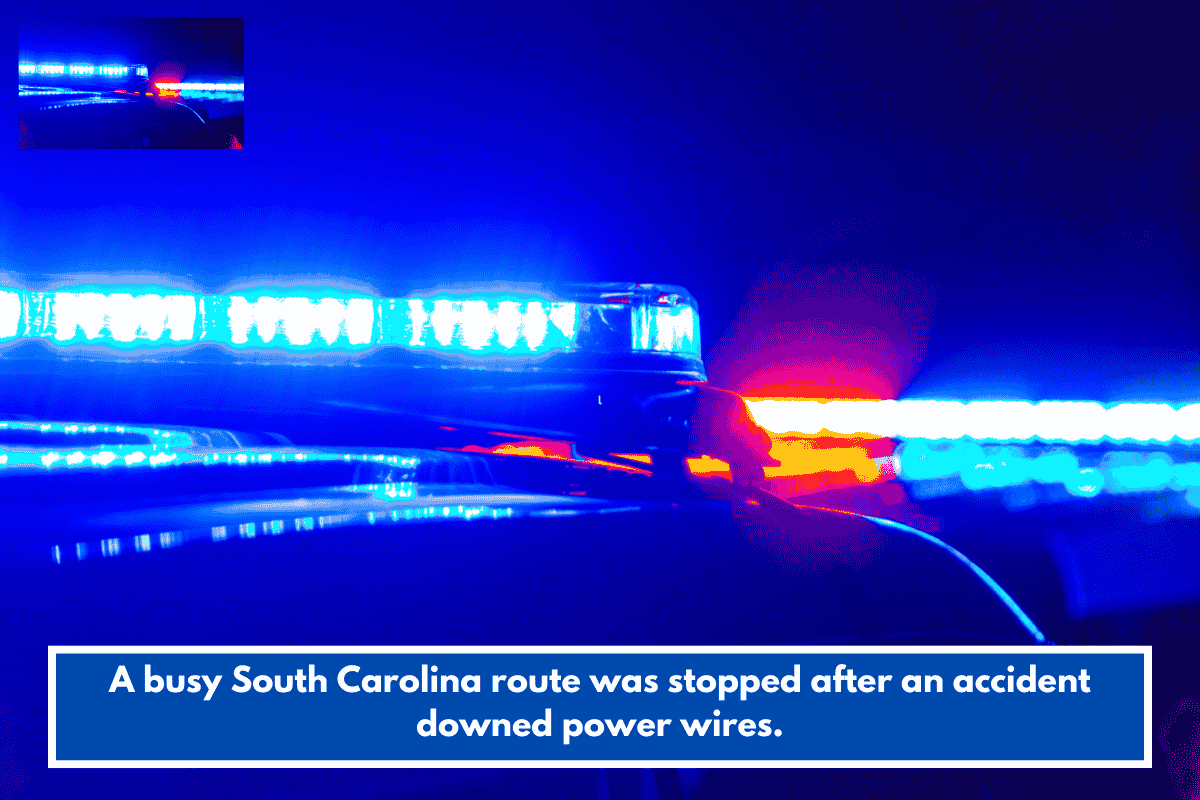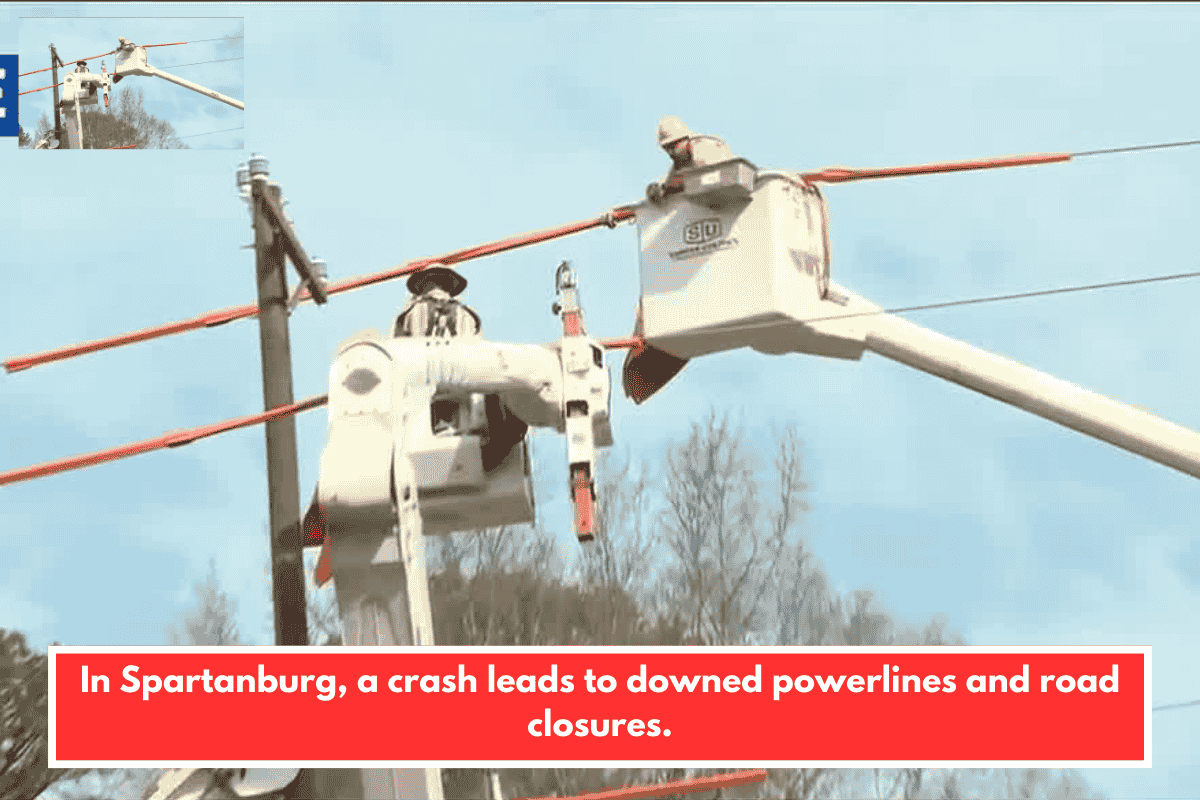Charleston, South Carolina – With tens of thousands of parking violations issued in Charleston and around Lowcountry beaches over the last two and a half years, millions of dollars in fines have gone unaccounted for.
Residents and visitors alike frequently discuss parking issues in downtown Charleston and at Lowcountry beaches.
Alex Busnelli, a Charleston resident and bartender, says he rides a moped every day to avoid the more arduous task of parking a car.
“It’s been terrible,” Busnelli stated.
Mount Pleasant residents Will McClelland and Dax Kelm believe parking on the beaches may be just as difficult.
“It can be difficult, especially during the summer months,” McClelland added.
“It’s just more people,” Kelm explained. “So, parking is harder to accomplish.”
And if someone parks in an unmarked location or does not pay their meter, they risk getting a piece of paper on their windshield. However, parking records from Charleston and the surrounding beaches reveal that just because a ticket is issued does not guarantee that drivers pay.
Millions of dollars in parking tickets remain unpaid.
From the beginning of 2023 to the beginning of this summer, the city of Charleston accumulated slightly over $3 million in unpaid parking citations. That accounts for approximately 34% of the 69,500 tickets issued during this time period.
Tryone Lawrence, the City of Charleston’s Director of Parking Services, was asked if this statistic surprised him.
“It does because, also, because the amount of people that, for whatever reason, refused to pay for citations, they don’t see the seriousness of it,” Lawrence told me.
In comparison, third-party vendor PCI Municipal Services issued slightly under 20,000 tickets on Folly Beach, with 37.5% of those unpaid. That’s just more than $400,000.
The Isle of Palms also employs PCI, which distributed slightly over 10,000 tickets worth almost $1 million on the island from last January to this July. Approximately 36% were not paid.
“That’s a lot of money hanging around for sure,” Kelm told me.
Last year alone, PCI issued over $770,000 in IOP tickets. But this year, that number has dropped dramatically.
“Through July 21, which is the data that they sent you, they only wrote $217,000 in parking tickets,” Charleston attorney Roy Willey stated. “That’s less than one-third, and we’re more than halfway through the year. So, you know, those statistics really stick out.”
This drop correlates with a legal move to stop PCI from issuing parking penalties on behalf of municipalities such as Folly and IOP.
When comparing these two beaches to unpaid parking on Sullivan’s and Edisto, Sullivan’s Island, which uses third-party vendor T2 Solutions, has approximately 26% of tickets outstanding over the last two and a half years, totaling slightly under $102,000.
Those who park on Edisto Island, however, receive citations from the police department. The island has the highest percentage of paid tickets, with only 21% unpaid. This adds up to almost $19,000.
“I think parking tickets is one of those unfortunate expenses that people just don’t feel like they can pay and are willing to take the risks of whatever penalties,” McClelland indicated.
“No, I mean, I feel like that makes sense,” replied Kelm. “People are looking to pay things late, possibly or never pay at all.”
What does the parking fee pay for?
Deja Knight McMillan, a spokesman for the City of Charleston, says parking ticket penalties go into a “parking fund,” which pays for parking-related operations expenses. She argues that any additional parking revenue can be used to offset general budget deficiencies.
She adds that the city is already considering the pattern of unpaid parking citations, therefore it has no negative impact on their budget.
According to Edisto Beach Assistant Town Administrator Dee Stalvey, parking fines go into the general fund, which supports the town’s public safety department.
Folly Beach, the Isle of Palms, and Sullivan’s Island did not specify where their parking fees went.
PCI Municipal Services declined to respond on behalf of Folly and IOP.
How the city of Charleston manages its tickets
Lawrence claims that in 2018, the city of Charleston sold approximately 16,000 tickets each month on average. They now average around $12,000 each month. He explains that this is because more people are following the rules.
“For years, the only ramification the city had as far as collecting was sending a friendly reminder, a one, maybe two-time letter to a violator, which now, that’s changed,” Lawrence told me. “We’ve signed with a company called Park Loyalty, and our criteria have altered. We now, of course, send a letter as a pleasant reminder that there is an unpaid parking penalty. However, that fine will eventually be paid to a debt collector. So, a debt collector will approach you via phone or letter, informing you of the need of paying for these violations.”
The city plans to implement a mobile license plate recognition system within the next month to assist catch cheaters in the act.
“Basically, what that’s going to do is, it’s a camera system that’s mounted in a vehicle and it goes around and it reads the license plates,” Lawrence told me. “It’ll chalk the vehicle, meaning document the vehicle, and it’ll be able to tell the officer just how long the vehicle has been there when they come back through.”
Willey insists that all tickets be issued with adequate justification.
“We want public safety, policing, focused on public safety,” Willey told the audience. “If people are actually breaking the law…” Yes, we should issue them a ticket… But, at the end of the day, if what you’re doing isn’t hurting public safety enough to warrant towing your vehicle, what’s the point of issuing you a parking ticket?”
The city of Charleston reported approximately 31,000 meter violations between January 2023 and the end of May. According to their parking data, it is also the most common reason for people to receive tickets. The next most common reasons are parking in prohibited or residential zones.
“People should pay the government what they are owed because that’s how we keep places like Sullivan’s working and clean and functioning well,” according to McClelland.
“We always want folks to abide by the parking rules and regulations and always make an assertive effort to, you know, park legally where it’s not unsafe or an inconvenience for others,” Lawrence told me.
“The voters have to hold the jurisdictions accountable,” she said. “If they believe that the town’s collection of parking tickets is insufficient, they can address this issue at the ballot box. If any of us went to work and did good, honest, sincere job and were only paid half to two-thirds of what we deserved, it seems likely that we would do something about it if we believed we actually deserved it.”
How to maybe be refunded and pay your outstanding tickets
According to Willey, if someone is unsure whether or not they received a ticket from PCI, they should make a Freedom of Information Act request with the applicable city, listing the date of the ticket, their personal information, and asking for the issuing officer.
According to Willey of the Anastopoulo Law Firm, if the officer who issued the ticket is a PCI employee, the driver may be eligible for a class action. Willey adds that these filings can take many months, and it may be some time before anyone receives any money back.
To contact the Anastopoulo Law Firm, dial 800-777-777 or go to their website.
If someone has yet to pay their parking tickets to any of the towns mentioned, they all give the option of paying online, by mail, or in person. To send a payment, use the buttons below:

